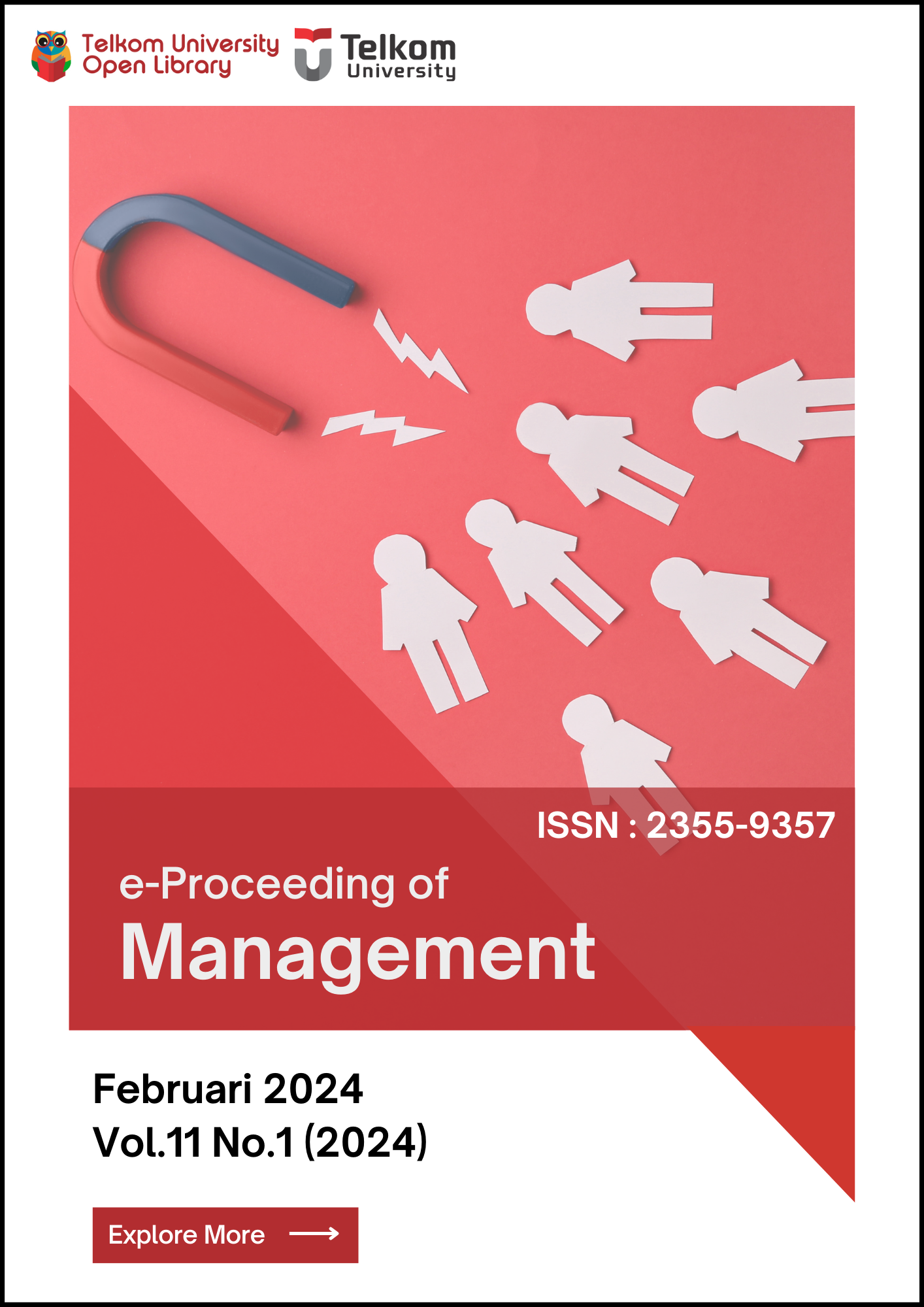SWOT Analysis Of Cisande Tourism Village Assisted By Rumah Zakat SDG 8.9 Sustainable Tourism With CBT Approach
Abstract
Village tourism is on the rise in Indonesia, with programs like Desa Wisata Rumah Zakat actively promoting it in supported regions. This program has effectively alleviated poverty and empowered beneficiaries to participate in Rumah Zakat's initiatives. The research's primary goal is to assess the program's strengths, weaknesses, opportunities, and threats through a SWOT analysis. Strengths include increased local community involvement, streamlined decision-making processes, environmental upkeep, and support for local micro, small, and medium-sized enterprises (MSMEs). Weaknesses involve challenges in achieving program targets due to inadequate stakeholder coordination and limited community awareness. Opportunities lie in implementing new strategies and garnering support from non-governmental organizations (NGOs). Additionally, the growing tourism sector offers economic prospects for the local community. Threats encompass financial constraints, the delicate balance between tourism development and environmental conservation, and political uncertainties, which could jeopardize the program's sustainability. This research draws from management theories, sustainable empowerment principles, and a Community-Based Tourism approach to identify issues in empowered villages aligned with SDG 8.9. Qualitative methods such as interviews and field observations are employed and validated through triangulation techniques to maintain research objectivity. The study aims to develop innovative and sustainable tourism strategies in line with SDG 8.9. Keywords—UT analysis of SWOT,community based tourism, Cisande VillageReferences
Journal articles
Hadiwijoyo, Surya Sakti. (2012). Community Based Rural Tourism Planning (A Conceptual Approach).
Yogyakarta: Science Graha.
Ministry of National Development Planning/Bappenas. (2017). Policy Analysis: Village Funds and Poverty
Reduction. New York: Compact.
Ministry of National Development Planning/Bappenas. (2019). National Medium Term Development Plan 2020-
Rocca, LHD, & Zielinski, S. (2022). Community-based tourism, social capital, and governance of post- conflict rural
tourism destinations: the case of Minca, Sierra Nevada de Santa Marta, Colombia. Tourism management
perspectives, 43, 100985
Pasanchay, K., & Schott, C. (2021). Community-based tourism homestays' capacity to advance the Sustainable
Development Goals: A holistic sustainable livelihood perspective. Tourism Management Perspectives, 37, 100784.
Books
Munandar, AI (2019). Sustainable Development: Case Studies in Indonesia. ByPass. Burns, A. & Joyce, H. (1997).
Focus on Speaking. Sydney: Macquire University Press. Chaney, AL (1998). Teaching Oral Communication in
Grades K.
Creswell. (2015). Planning Research, and evaluation of educational qualitative and quantitative research. Student
Library.
Empowered Village Writing Team. (2021). Community Empowerment Guide. Empowered Village Profile, Rumah
Zakat.
Munandar, AI (2019). Sustainable Development: Case Studies in Indonesia. ByPass
Maryani, D., & Nainggolan, RRE (2019). Community empowerment. Sleman: CV Budi Utama. Rosmaladewi, O.
(2018). Multistakeholder Partnership Management in Community Empowerment.Deepublish
Sunsri, Potjana. (2003). Community Based Tourism Handbook. Thailand: REST Project.
Government publications
Strategic Plan of the Indonesian Ministry of Tourism for 2020-2024
SDGs. (2022). Sustainable Development Report Indonesia 2022. Sustainable Development Goals Index






